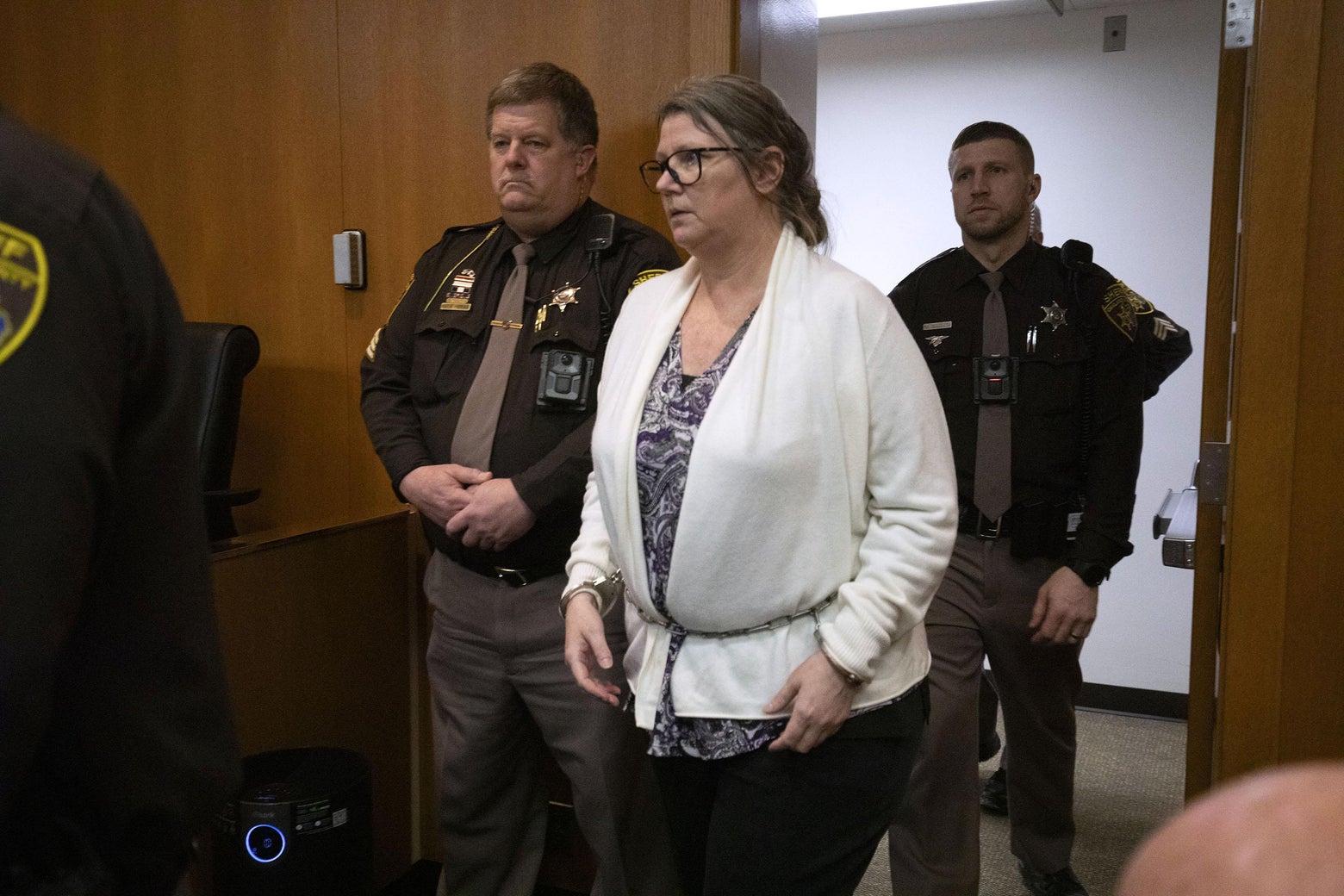Over the last several months, a local prosecutor in Michigan has been facing the challenging task of elucidating the incomprehensible—a school shooting. The tragic incident unfolded at Oxford High School in November 2021 when a student named Ethan Crumbley entered the school premises armed with a 9 mm handgun, resulting in the loss of four lives and the injury of seven individuals.
While the case was underway in court, the district attorney painstakingly reviewed a mountain of evidence, including surveillance video, audio from cell phones, and text messages, in an effort to piece together what happened before the incident. A pivotal piece of evidence was a pre-massacre video self-recorded by the shooter, wherein he forewarned of his intentions and acknowledged the grim consequences awaiting him. This video, played in court, underscored his premeditated actions and resigned acceptance of the repercussions, likening his fate to “rotting in jail like a tomato.”
While Ethan Crumbley admitted guilt following the incident, the legal scrutiny extended to his parents, Jennifer and James Crumbley, who stood accused of overlooking signs of their son’s deteriorating mental health and facilitating his access to the weapon used in the tragic event. Despite Ethan’s initial attempt to shield his parents from blame in a pre-shooting video apology, the judicial process unfolded differently. A jury ultimately found Jennifer Crumbley guilty of four counts of involuntary manslaughter, holding her accountable for her role in the devastating outcome.
The case delved into Ethan’s troubling behavioral patterns preceding the shooting, revealing disturbing incidents such as his mutilation of baby birds—a disturbing act indicative of deeper psychological disturbances. The prosecution highlighted the parents’ alleged negligence in addressing these warning signs, emphasizing the gravity of their oversight in the tragic chain of events.
The narrative also explored the family’s familiarity with firearms, portraying gun ownership as a normalized aspect of their lives. The parents’ casual attitude towards arming their son, exemplified by gifting him a handgun, underscored a concerning lack of caution in a community where gun culture prevailed.
The day of the shooting unraveled a series of missed opportunities for intervention, with teachers and counselors noticing alarming signs and attempts to alert the parents. However, crucial steps to prevent the tragedy were not taken, reflecting a systemic failure to address the escalating crisis.
The legal proceedings not only scrutinized the Crumbley parents’ actions but also delved into their personal lives, invoking Jennifer’s hobbies and personal relationships to question her attentiveness as a parent. The courtroom drama underscored the fine line between parental oversight and criminal liability, prompting a broader societal reflection on the boundaries of parental responsibility in cases of gun violence.
As the legal landscape navigates this novel territory of parental culpability in such incidents, the Michigan case sets a precedent that could reverberate across similar cases nationwide, shaping future interpretations of parental accountability in the wake of tragic events.

